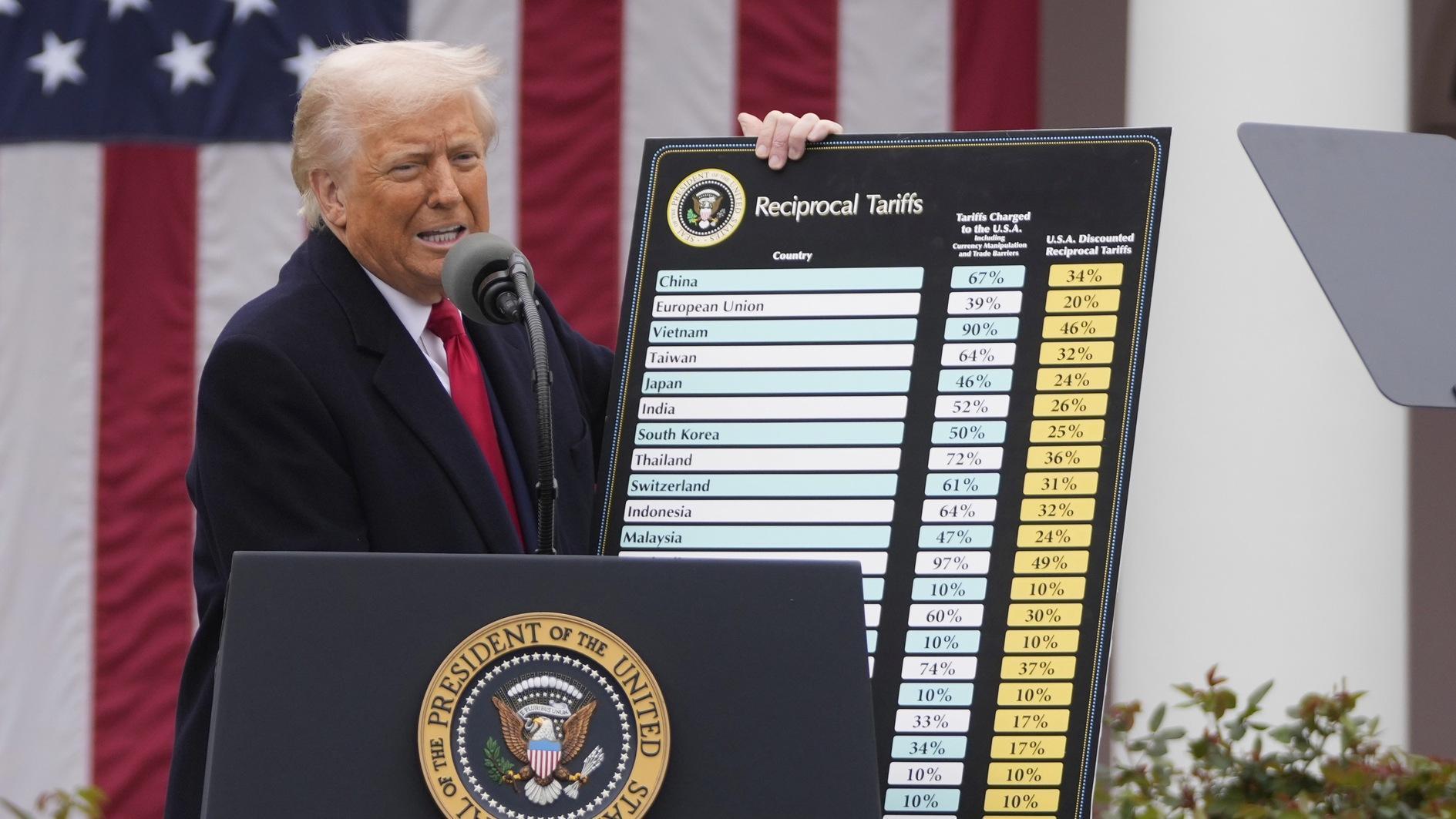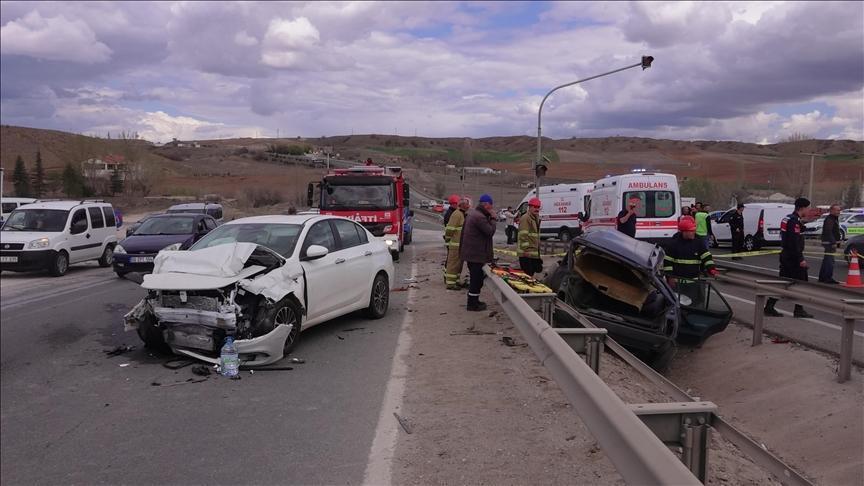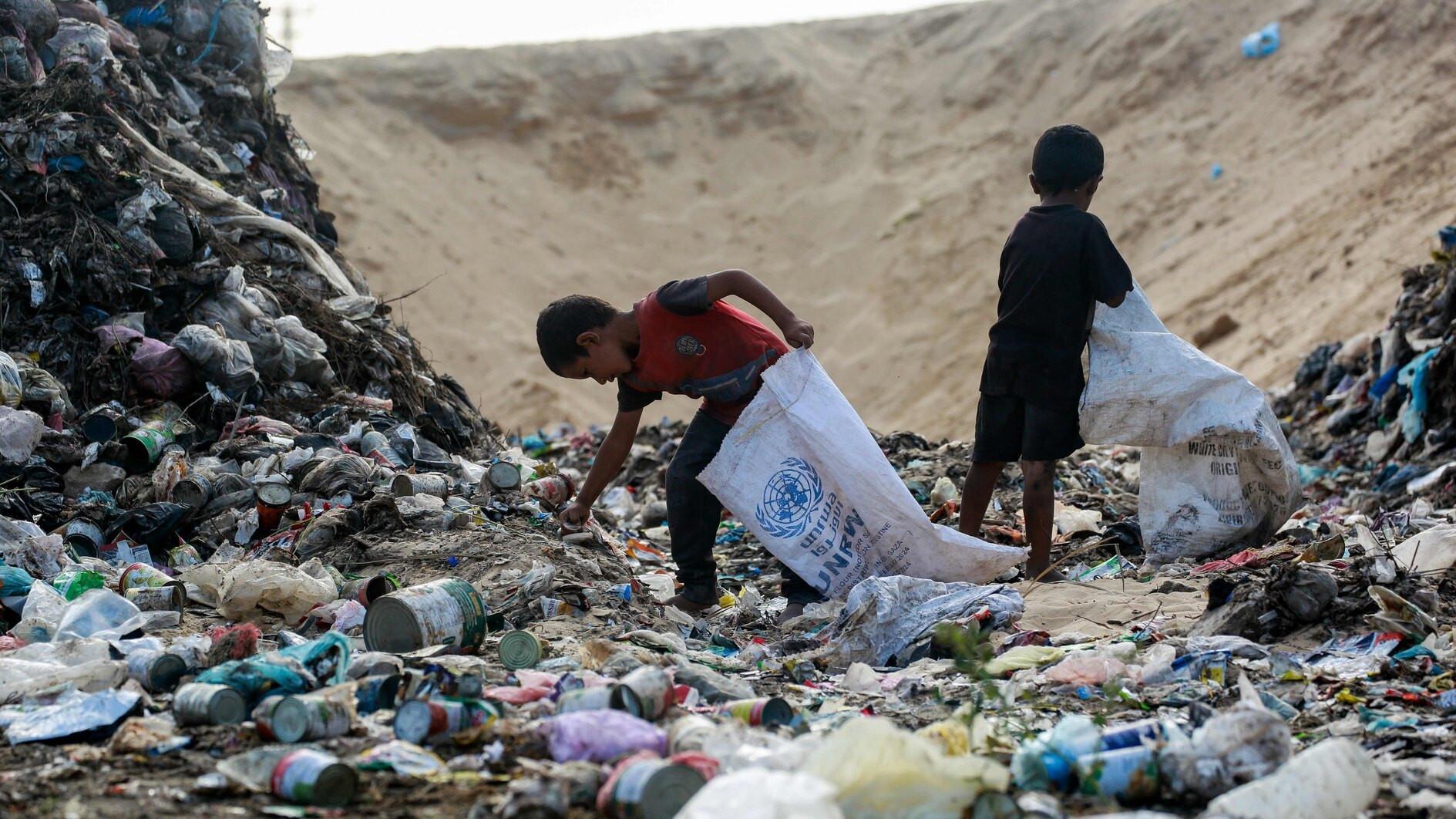Fighting sclerosis in KSA
There’s a book-turned-Hollywood film called “A Hologram for the King.” Basically, Tom Hanks is a struggling businessman who takes a plane to Saudi Arabia to sell the King a hologram machine. He’s promised a meeting, but once he is in the kingdom, he finds out that it’s harder said than done. He’s constantly shuttled back and forth to places, told that the king “might come today,” made to wait unspecified amounts of time in hotel lobbies and royal palaces. I felt like that when I was waiting for my meetings in the kingdom last year too. My very own “a hologram for the king” moment. It’s a sclerotic place.
But the KSA (abbreviated as everything else in America’s orbit) has been trying to change. They even have a blueprint: Vision 2030. It’s a generic McKinsey document rather than a truly national plan for self-realization, but still, it should not be taken lightly. It struck me that the plan is called Vision 2030, not Vision 1451, as in the “Hijri” Muslim calendar. You see, the kingdom officially switched to the Gregorian calendar in late 2016.
When I was there, there was immense frustration in the air, frustration which I believe stemmed from the slow pace in realizing the plan. The joke was that Vision 2030 wasn’t according to the Gregorian, but really the Hijri calendar, which puts the target year to 2609 for most of us. My hosts, who were well-mannered government employees, seemed tempted by the 592 year extension.
Perhaps dark humor leads to dark politics. Last week’s purge is a direct consequence of all this. With many of the princes of the royal family arrested and their royal wealth confiscated, the KSA is now fighting its own sclerosis. Is this state building? It might be. Is the KSA becoming a state? A nation? We will see.
I understand the existential threat Saudis are feeling. Nowadays we often hear about meetings on disruptive technologies. It’s as if the robots are about to take over the world tomorrow. But no one yet knows for sure how new technologies are going impact our daily lives. Only one thing is certain: Oil exporting countries are to be the losers of the new era, no matter what. This new industrial revolution is to start a new era of non-carbon based economic growth delinking growth and carbon emissions. Oil prices are doomed to fall in the medium term. From the Gulf to the steppes of Russia, countries need to redefine their plans. That requires real vision.
Think about the KSA. Like all oil producing countries, the KSA does not have a notion of a fiscal infrastructure and budgetary institutions. To sustain the lifestyle they are used to, the Saudi budget has been producing a 100-billion-a-year deficit in the last couple of years. And the total size of the Saudi sovereign wealth fund that was set aside for rainy days was only about 500 billion dollars. The sovereign wealth fund amassed only about 500 billion for the future of the “nation” and just a few selected princes of the royal family amassed 800 billion during the same time. Now that is ending. See how that might cause a problem?
So if there is to be a nation-state building process in the KSA, there should first be a state treasury, a budget. That is why, as far as I can see, the corruption campaign has three purposes: to establish that treasury, to buy some more time to sustain the unsustainable and to ensure a much-needed political stability during the reform period. It’s a high-risk move to be sure.
Enacting reforms is always a tricky business. Why? First, it creates winners and losers. Second, they’re usually done when things are already getting tough, not before. This isn’t for the faint-hearted. But if all this works, there will be no “Hologram for the King” moments for future visitors to the Kingdom. InshaAllah!











